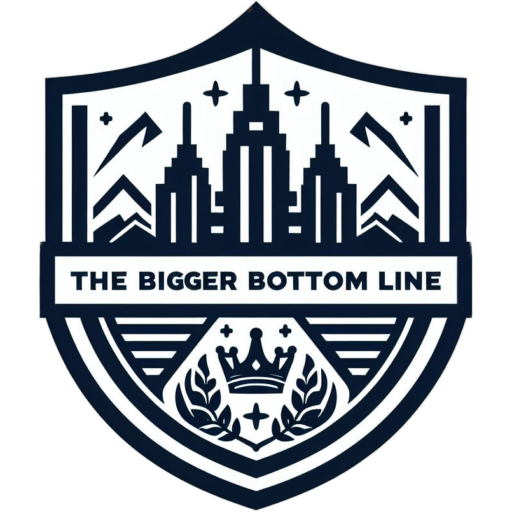The Crucial Role of Human Resources in Small Businesses
Small businesses are the backbone of the economy, driving innovation, creating jobs, and contributing to local communities. As a small business owner, navigating the complexities of running a business can be daunting, but one area you cannot afford to overlook is Human Resources (HR). At the heart of every successful business lies an effective HR function that ensures the right people are in the right positions, creating a solid foundation for growth and success.
- Recruitment and Hiring: The process of finding and hiring talented individuals is where HR shines. From crafting compelling job descriptions to conducting interviews and selecting the best candidates, HR plays a crucial role in building a high-performing team. By attracting top talent and ensuring a rigorous hiring process, HR sets the stage for a successful workforce.
- Training and Development: Once employees are onboard, HR continues to play a pivotal role in their growth and development. Training programs tailored to specific roles and continuous learning opportunities not only enhance employee skills but also boost morale and job satisfaction. Investing in employee training is an investment in the future of your business.
- Employee Benefits: In today’s competitive job market, offering attractive benefits is key to attracting and retaining top talent. HR manages employee benefits such as health insurance, retirement plans, and other perks that contribute to overall employee satisfaction. By staying informed about industry trends and tailoring benefits packages to meet employee needs, HR helps create a supportive and appealing work environment.
- Payroll: Accuracy and timeliness in processing payroll are paramount to employee satisfaction and legal compliance. HR is responsible for calculating wages, deducting taxes, and ensuring that employees are paid fairly for their work. By maintaining precise payroll records and adhering to regulations, HR safeguards the financial well-being of both the business and its employees.
- Compliance: Staying abreast of labor laws and regulations is a fundamental responsibility of HR. From wage and hour laws to workplace safety regulations, HR ensures that the business operates within legal boundaries. By proactively monitoring changes in legislation and implementing compliance measures, HR safeguards the business from potential legal risks.
- Employee Relations: Building positive relationships between employees and management is a core function of HR. Handling workplace conflicts, providing confidential counseling, and fostering open communication are all part of HR’s role in maintaining a harmonious work environment. By serving as a mediator and advocate for employees, HR strengthens the bond between staff and leadership.
- Performance Management: Setting clear expectations, conducting regular performance evaluations, and providing constructive feedback are essential components of HR’s role in managing employee performance. By helping employees align their goals with business objectives and supporting their professional growth, HR contributes to a culture of continuous improvement and excellence.
- Culture and Engagement: A thriving company culture and high employee engagement are critical drivers of success for any business. HR plays a central role in shaping the culture, fostering a sense of belonging, and creating opportunities for employee engagement. By organizing team-building activities, recognizing employee achievements, and promoting a positive work environment, HR cultivates a culture of teamwork, creativity, and mutual respect.
In conclusion, Human Resources is a multifaceted function that touches every aspect of a business, from talent acquisition to employee development, compliance, and culture. Small business owners who prioritize HR are better positioned to attract top talent, retain valuable employees, and build a resilient workforce that can adapt to changing market conditions. By investing in effective HR management, small businesses can create a positive workplace where employees thrive, businesses grow, and success flourishes.
